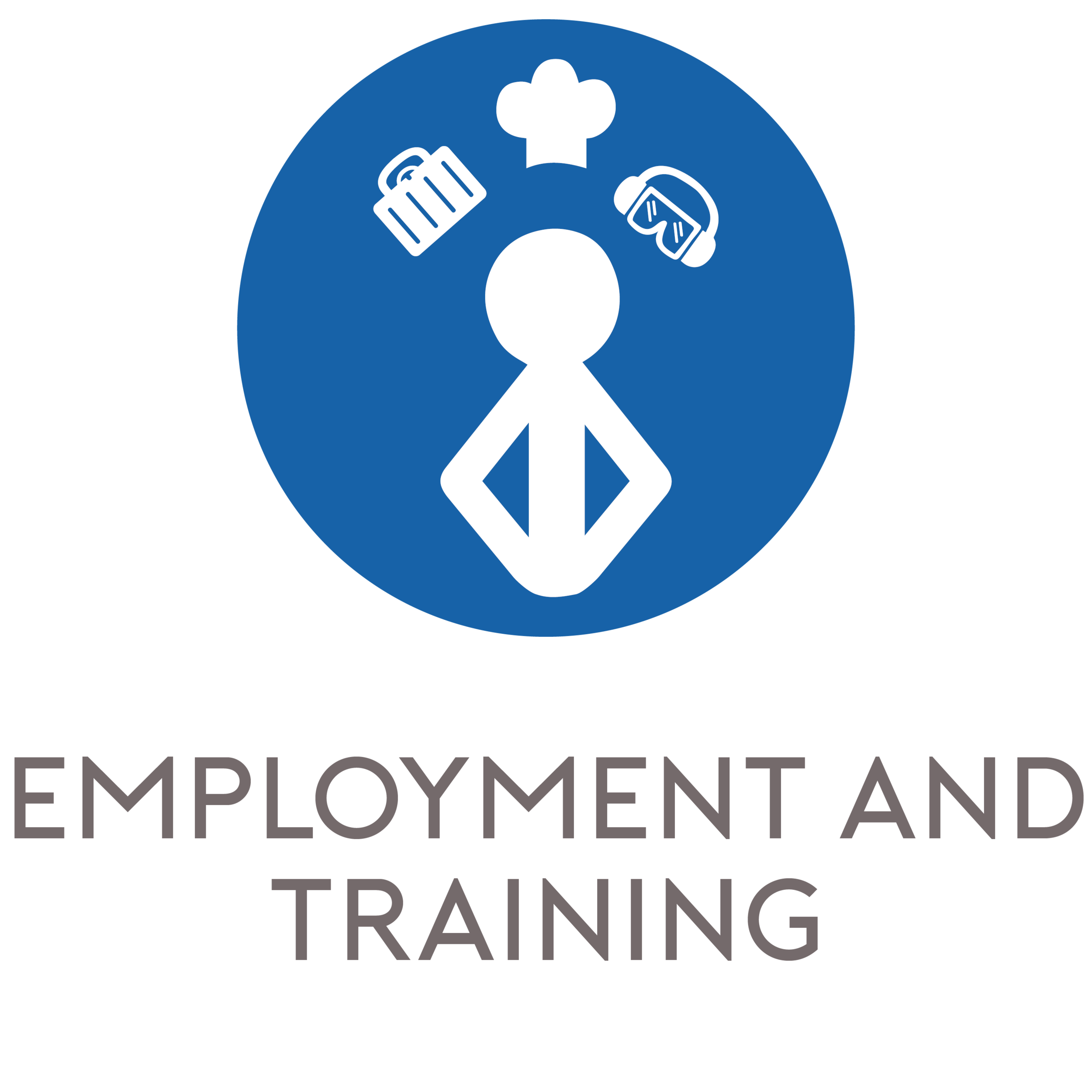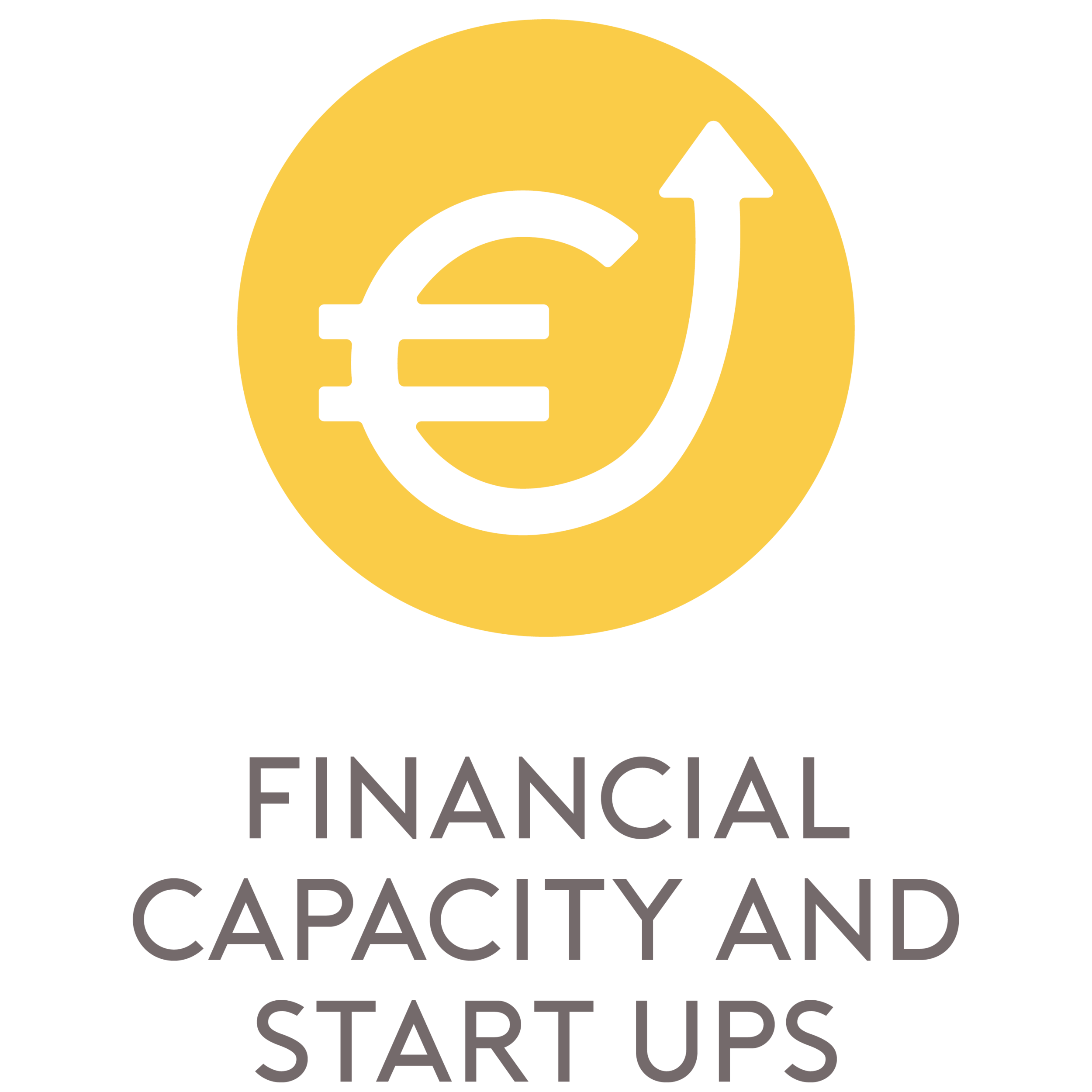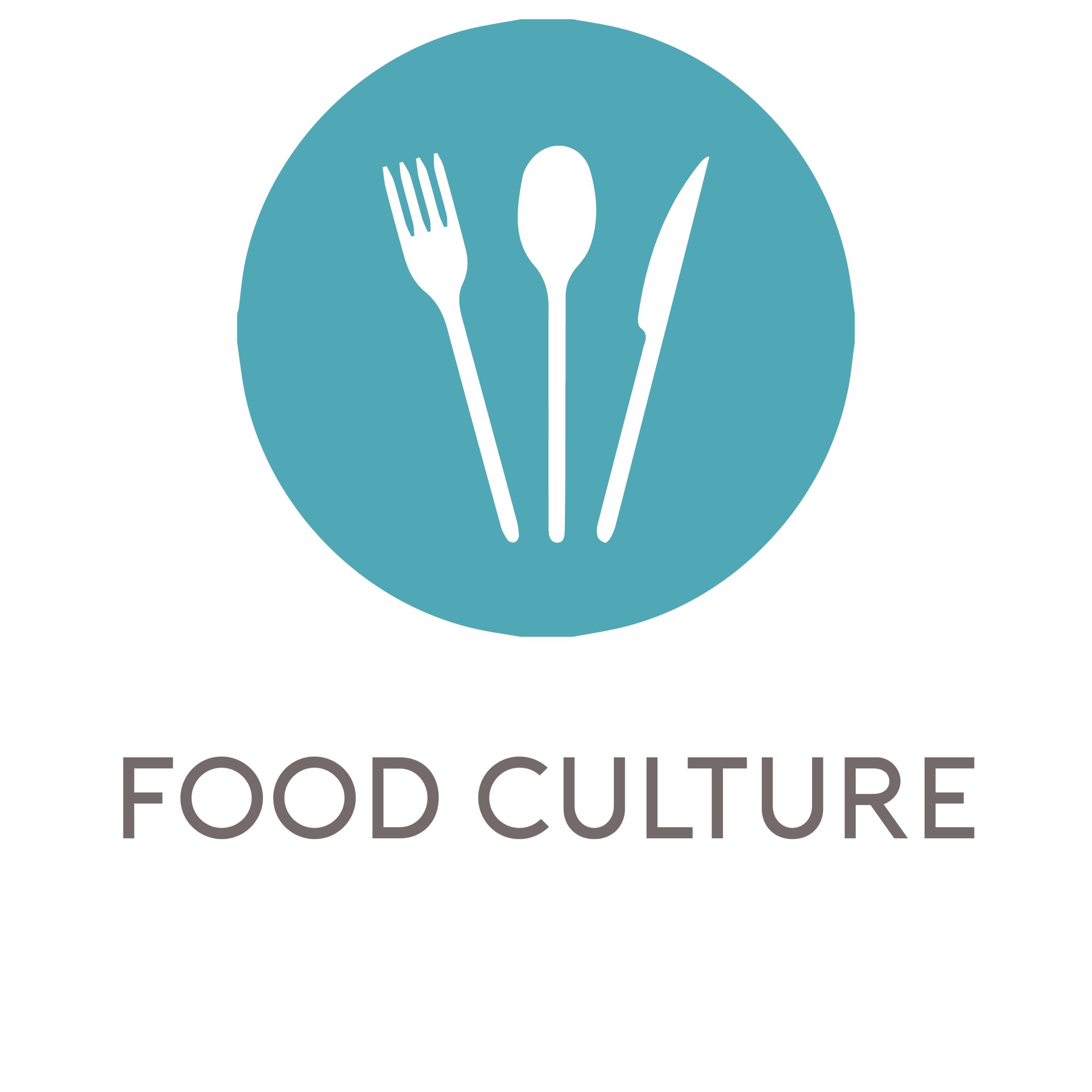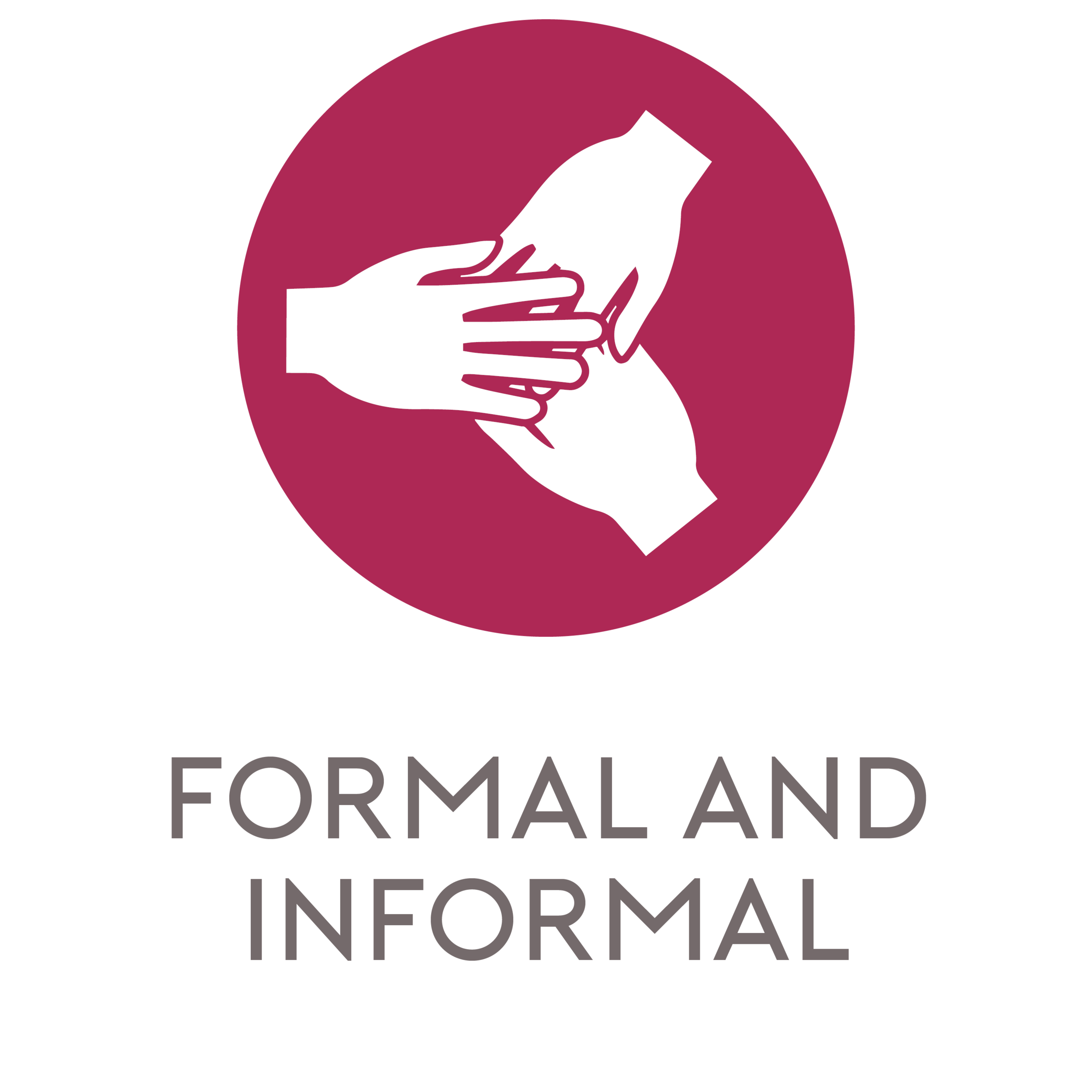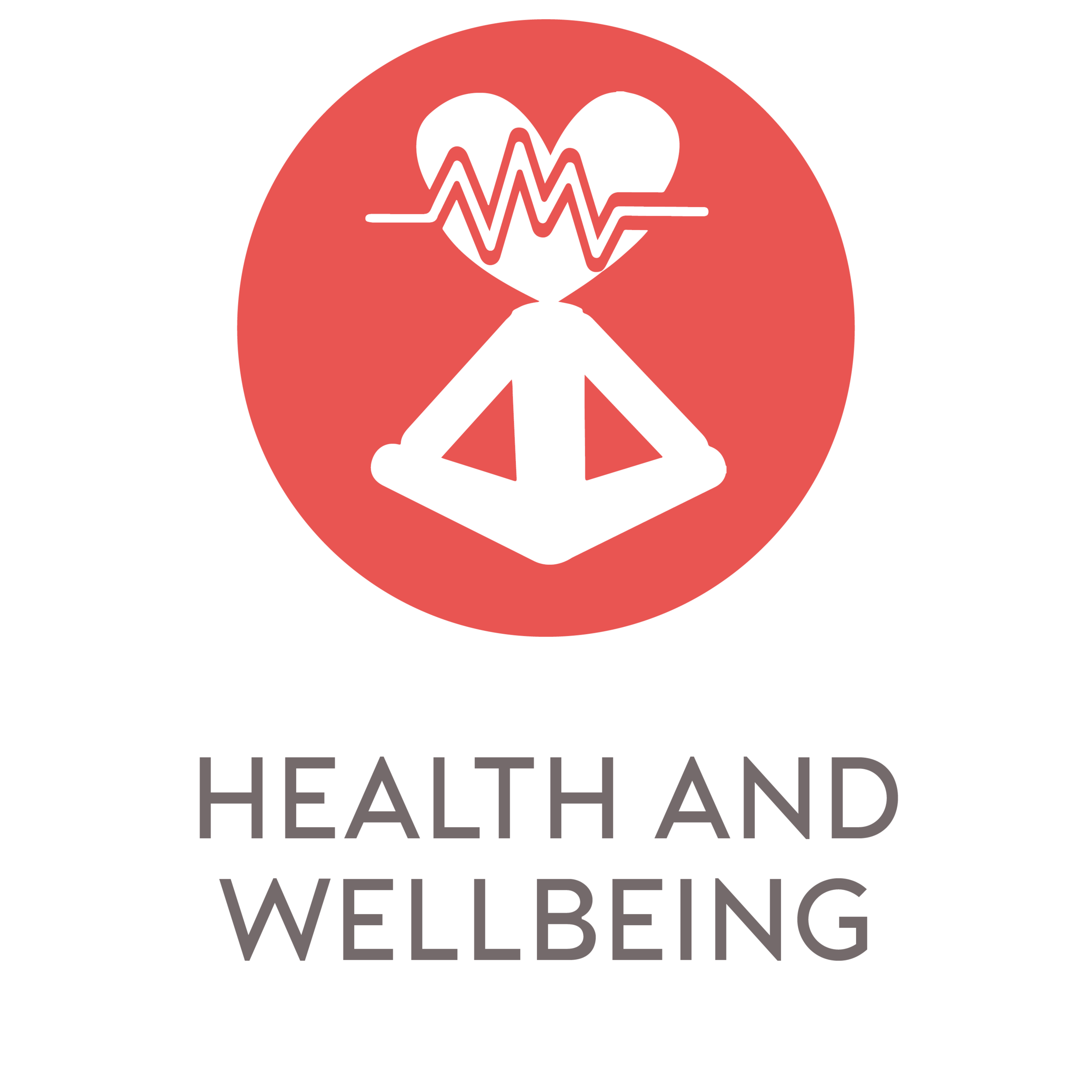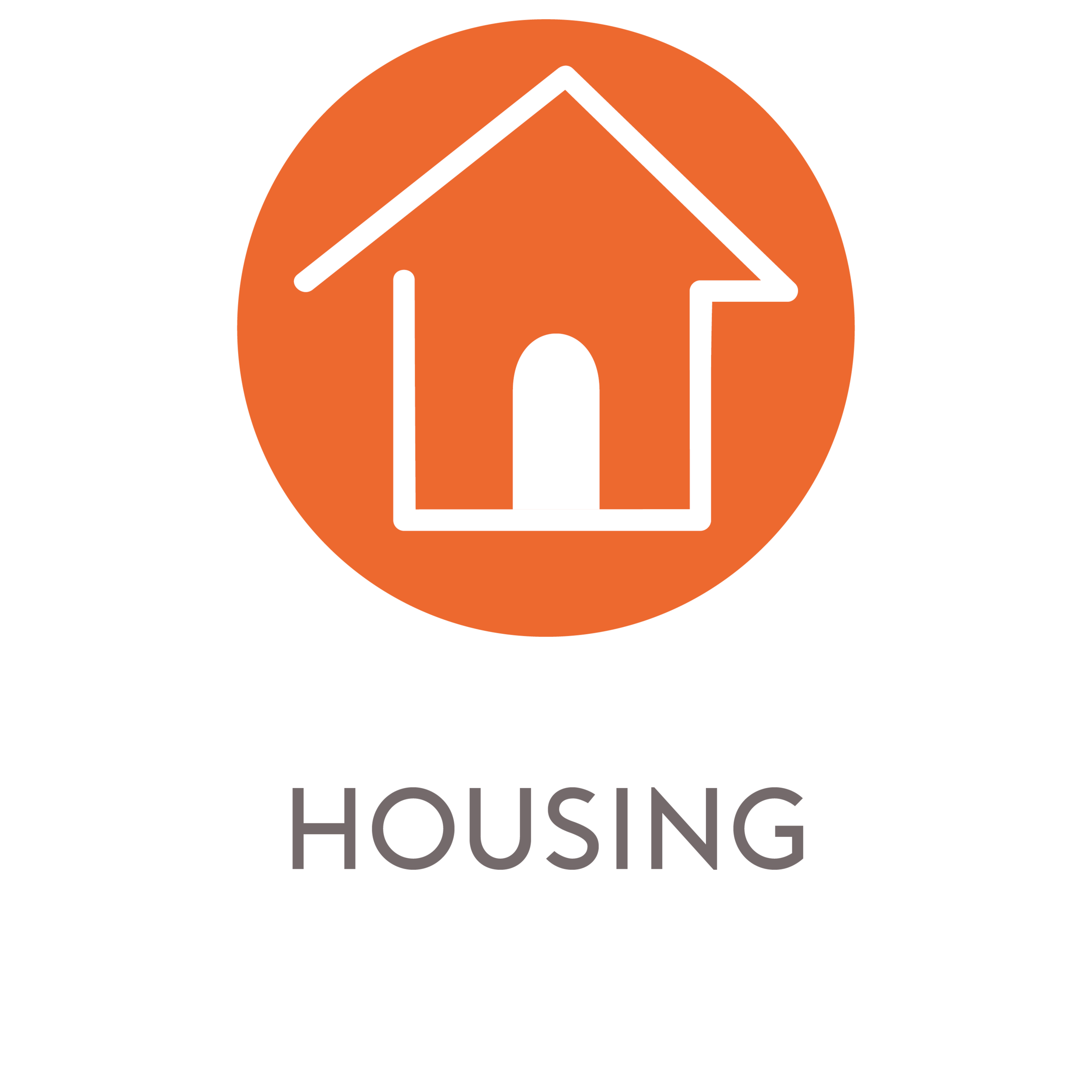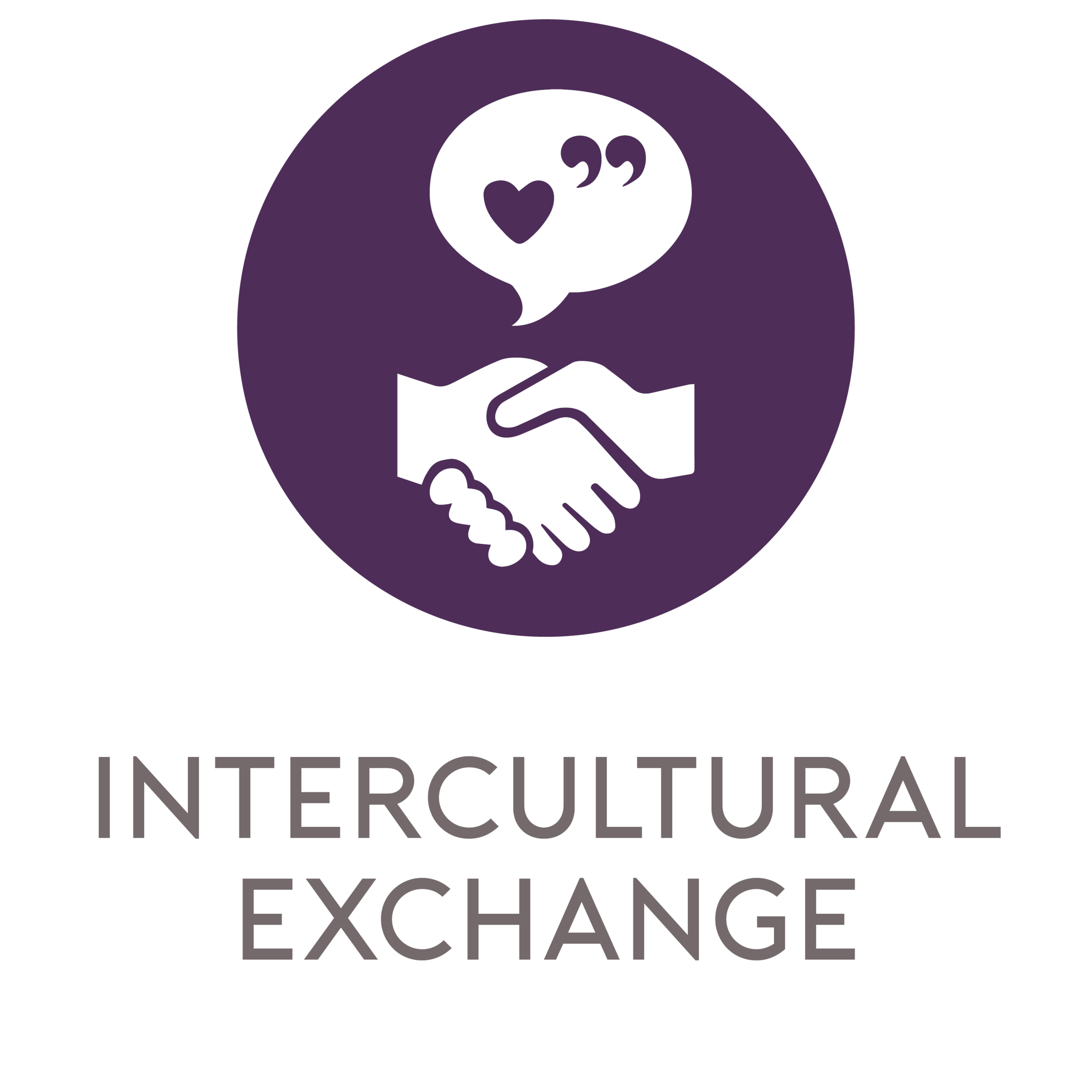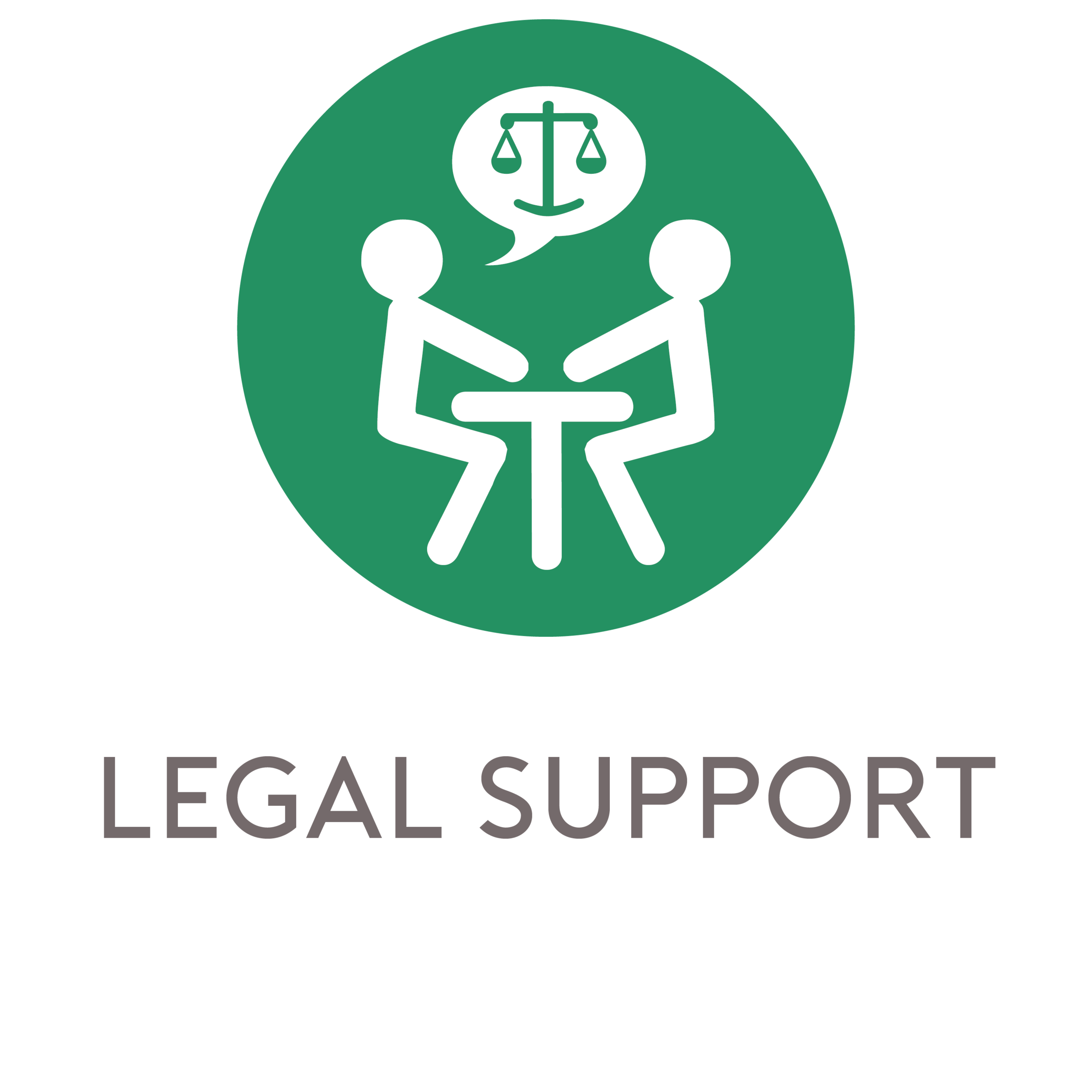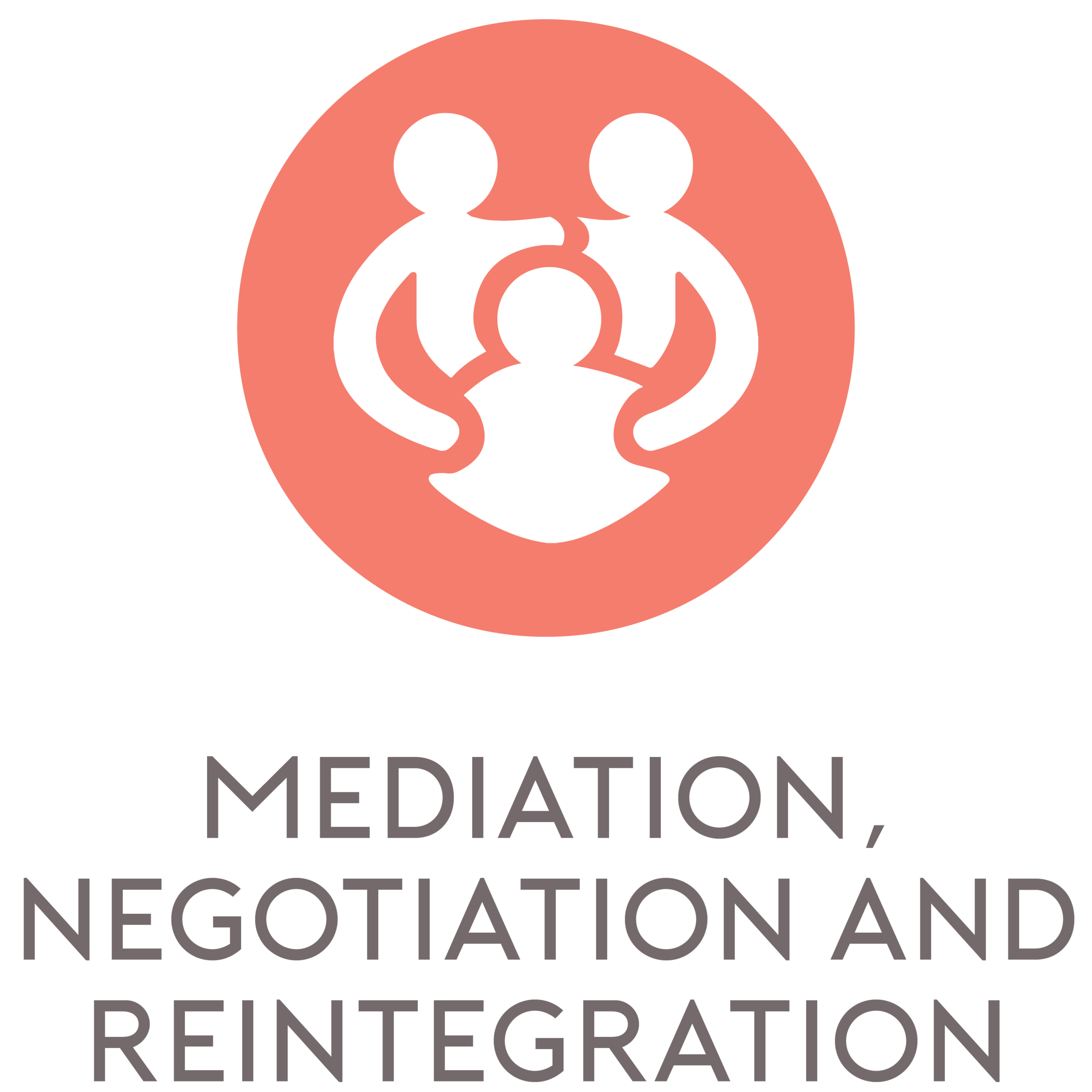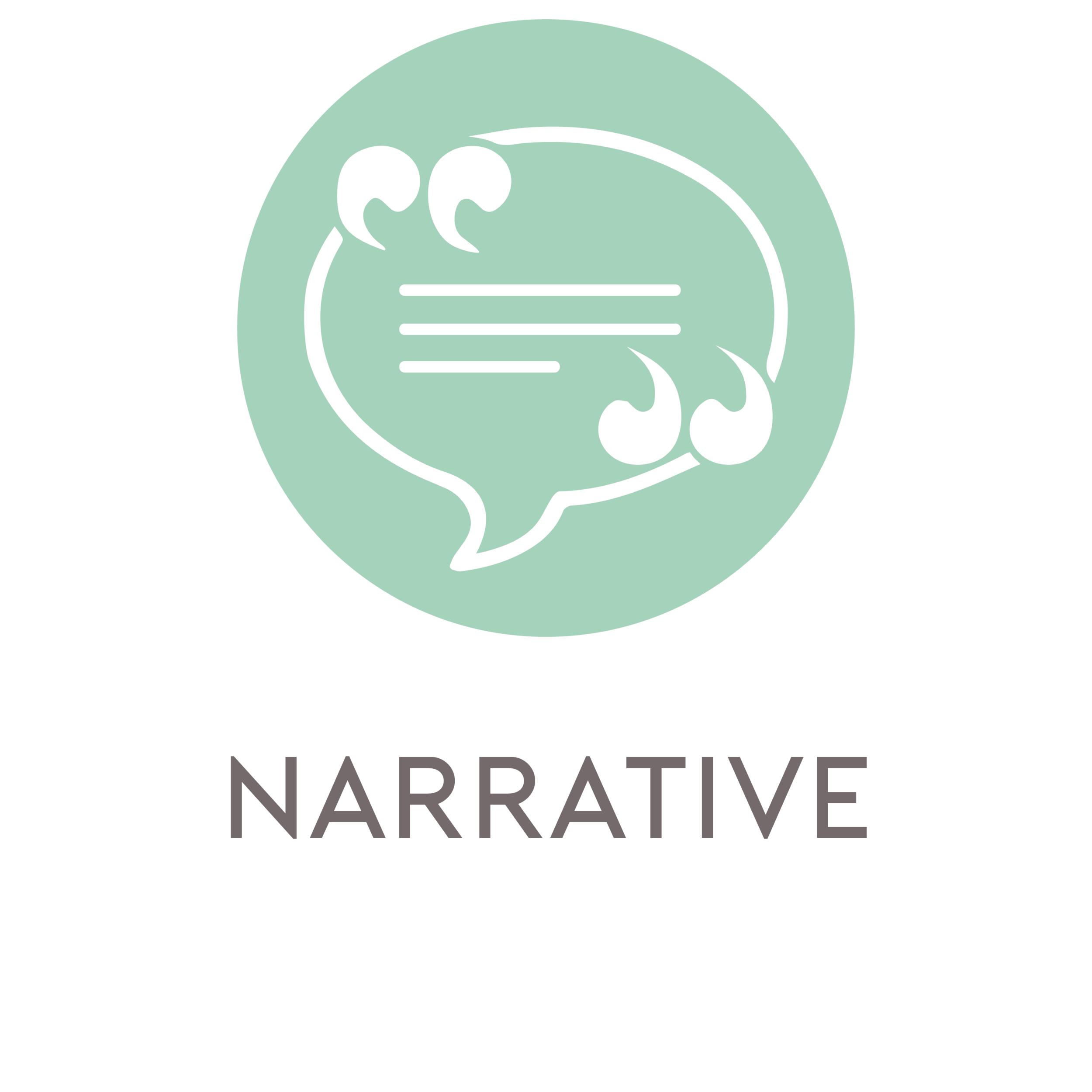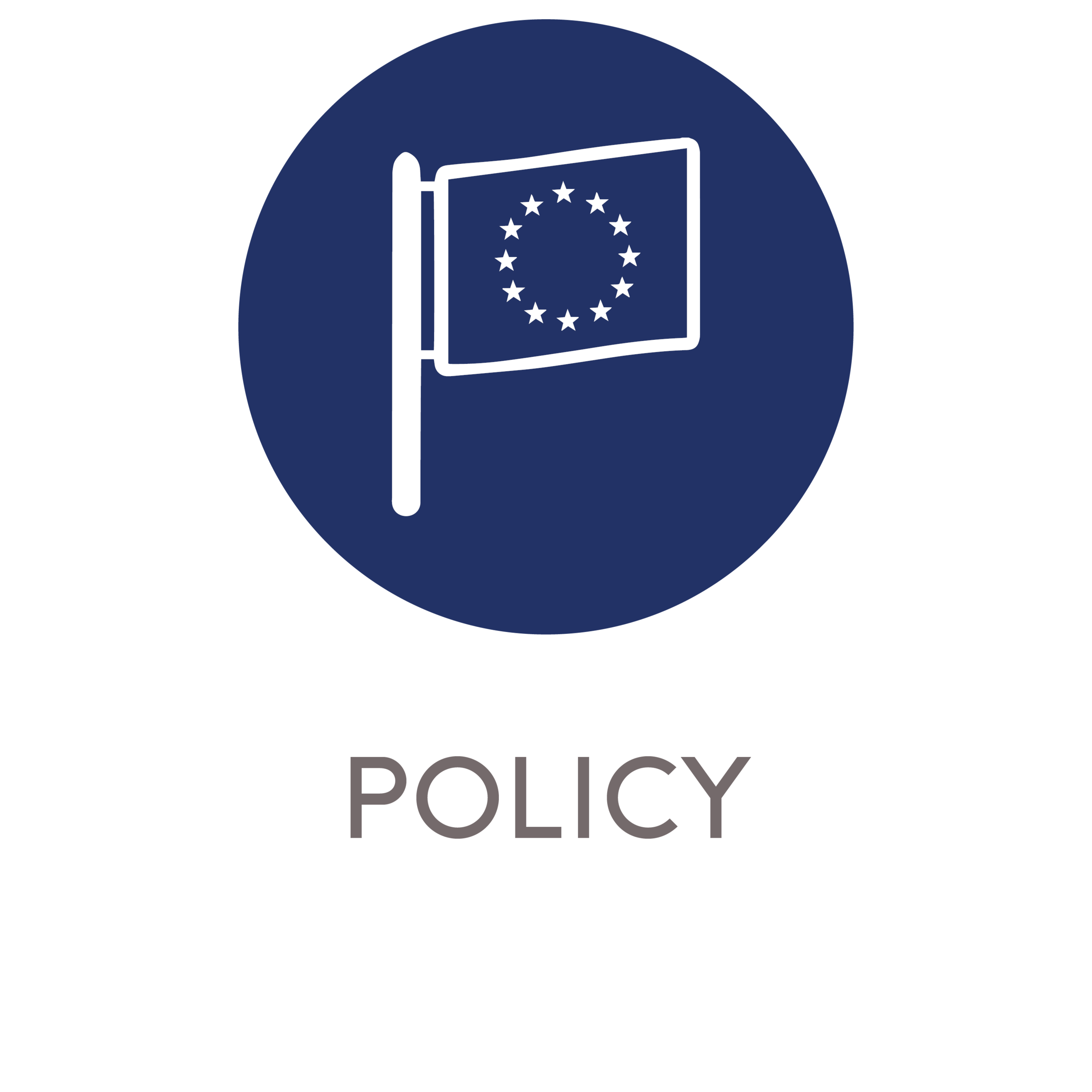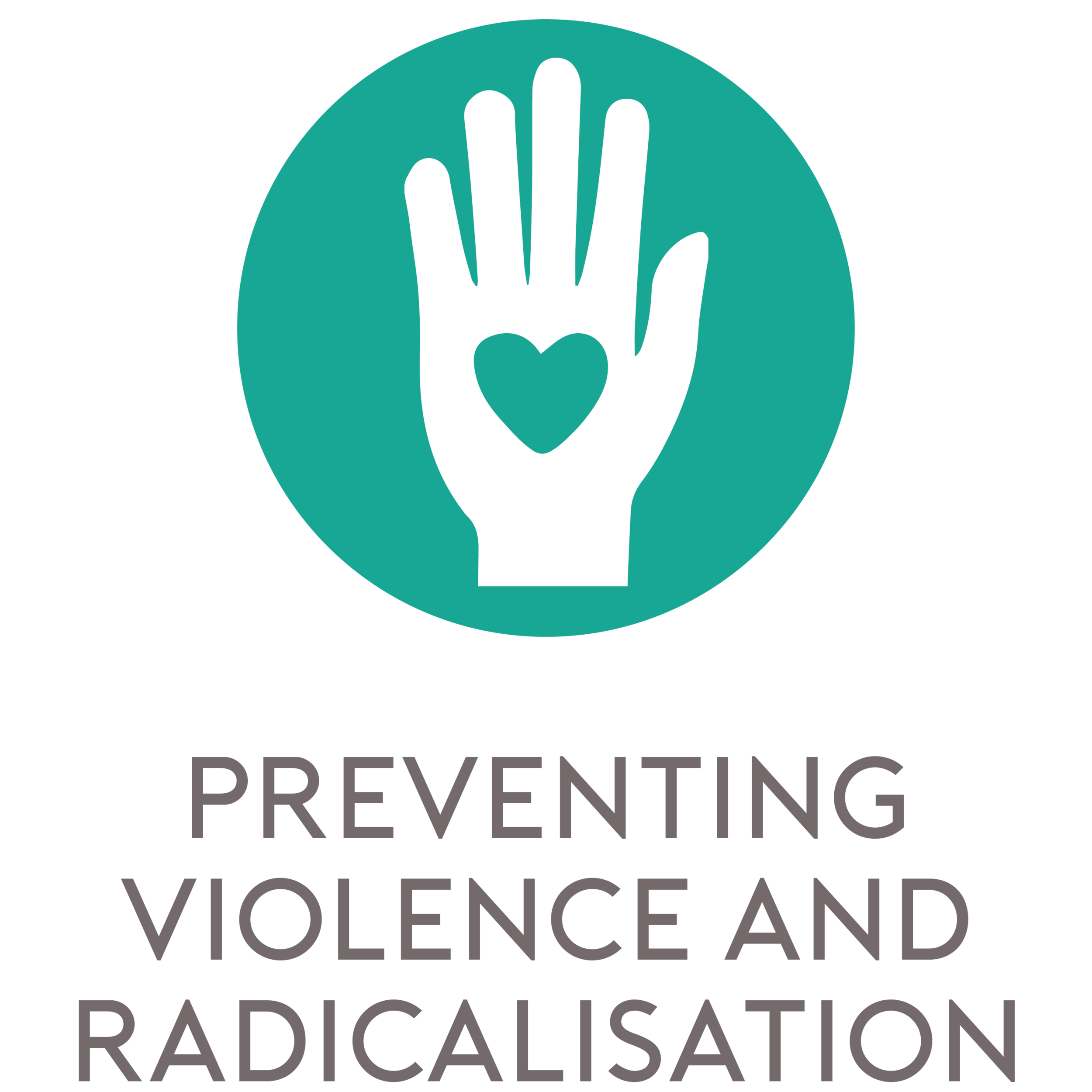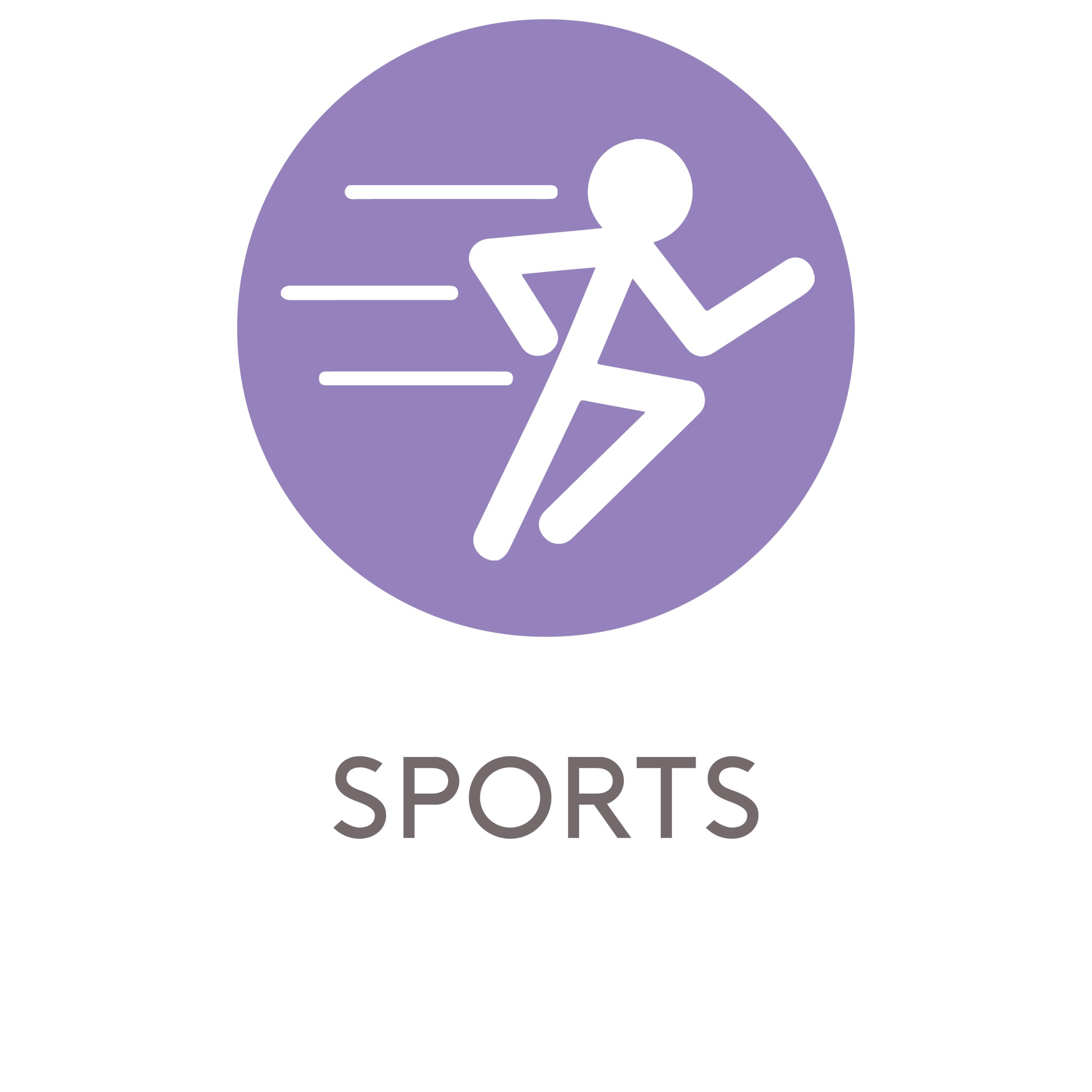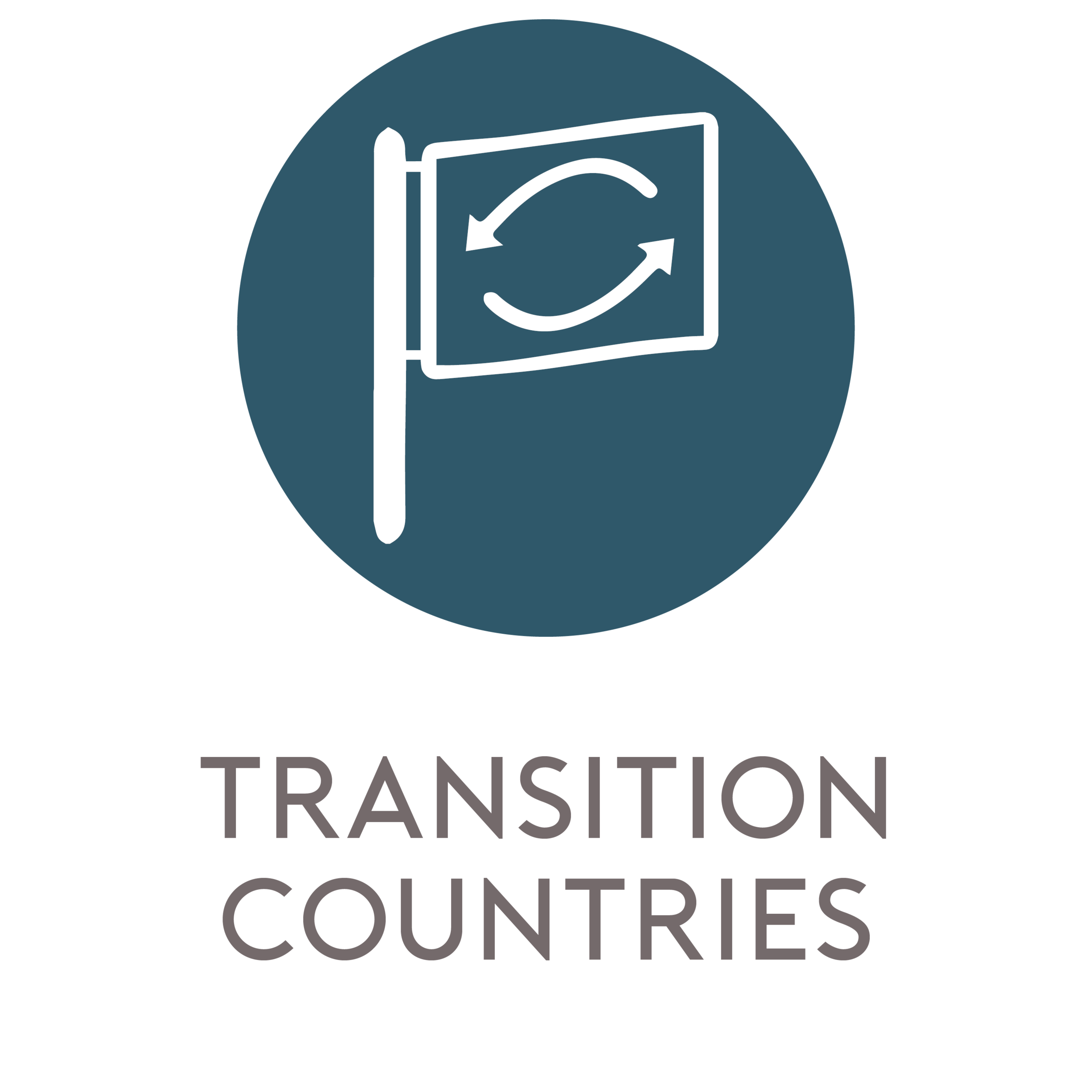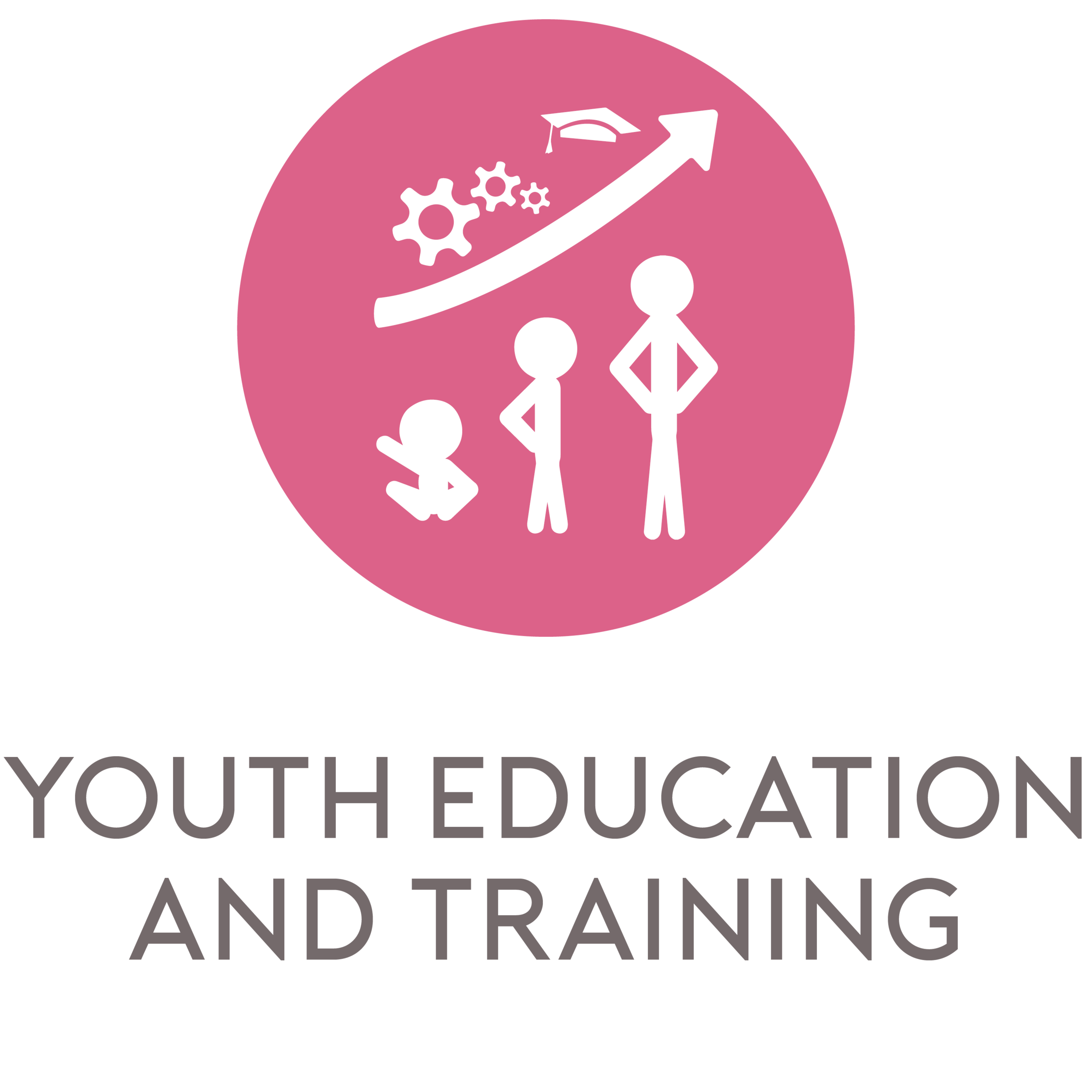+Portfolio of Solutions
―Employment and Training
Mezze
Francisca Gorjão Henriques
The Problem
Due to general ignorance around the culture of the countries where refugees come from, the job integration in Portugal is difficult for coming refugees, especially for women.
The Solution
Mezze is a leading project for integration in Portugal that serves as a meeting point providing tools for women and youth to help value their work, competencies, and identity. Mezze creates sustainable employment solutions and contributes to inclusion using a model that will be replicated throughout the country. In addition, Mezze organises workshops and debates that help dismantle stereotypes and reduce prejudice.
Migration Ventures (Upwardly Global)
Jane Leu
Founded by Ashoka Fellow Jane Leu
The Problem
In nearly every country with a large immigrant and refugee community, those who are college educated wind up unemployed or significantly underemployed upon arrival in a new country – doctors drive taxis, CEOs work in kitchens. There are few opportunities to work at the equivalent level and adapt professional skills to a new market. Skills are wasted and the lack of opportunity in the new country of residence makes adjustment, comfort and success more difficult.
The Solution
With Upwardly Global, Jane Leu is breaking down employment barriers and opening up professional career opportunities for skilled immigrants at leading companies, integrating them into the local workforce. Upwardly Global leverages employer partnerships that benefit from access to this breadth of talents. It provides customized training and support to give these new Europeans equal opportunities to find and secure skill-appropriate opportunities and achieve their full economic potential in Europe. The outcome is global talent for employers, culturally competent service providers for diverse communities, and family-sustaining incomes for those who were previously unemployed or underemployed.
The Impact
Upwardly Global’s services now reach thousands of underserved immigrants and refugees across the United States, who are increasingly being recognised as a valued community asset at city and state level. The programme is active in five metropolitan areas. 45% of refugees arriving in the USA have college degrees and Upwardly Global has placed 5,000+ from 169 countries into skilled jobs with an average income gain of $45,000. Through strategic partnerships, Upwardly Global is now scaling their model to other countries with large refugee and migrant populations.
“I feel loyalty to the country that accepted me and protected me, and I want to make life better for everyone by applying my skills. I am sure that a lot of immigrant job seekers feel the same.”
MyGrants
Chris Richmond N’zi
The Problem
The social problem addressed is the underemployment and lack of recognition of talents and skills of migrants. Many skilled migrants are all digitally literate and 60% of them can read and write in English or French.
The Solution
Chris Richmond, a native of the Ivory Coast, came to study in Europe and later worked for the European Commission. Dealing with an influx of migration and seeing the statistics regarding young people arriving on the European coasts, Chris designed an application capable of screening the skills and talents of these individuals through games and quizzes. The MyGrants app provides a six-month training course that prepares young migrants for a professional life. Upon the completion of the course, the candidate is introduced to various companies they could work for.
The Impact
The MyGrants app provides useful training and support for individuals to enter the job market successfully. Right now, thanks to MyGrants, there are about 25 new hires per week, and since 2017, MyGrants has made 950 placements in total.
Schlau-Schule
Michael Stenger
Founded by Ashoka Fellow Michael Stenger
The Problem
The right to asylum is a humanitarian cornerstone in Germany. Its implementation, however, reflects the way policymakers perceive asylum seekers and refugees: as costly threats to society. Under current law and bureaucracy, unaccompanied underage asylum seekers who are over 16 years of age are prevented from attending school, learning German and acquiring vocational skills. Such policies have led this group to become disempowered and, often, to confirm negative stereotypes by turning to drugs, crime and prostitution.
The Solution
Schlau-Schule recognises the systematic discrimination that underage asylum seekers experience and provides a chance for young refugees to access education and integrate into German society, whilst changing the negative public perception towards this group. Young refugees have diverse backgrounds but face a common struggle: a lack of German language skills and previous education. Founded in Munich, this solution addresses the shortfalls of the education system by structuring courses in line with those provided at state schools and by providing first-class student services, such as social-psychological aid and legal assistance.
The Impact
Schlau-Schule's students have an extraordinarily high success rate at the basic state school exam, which enables them to qualify for vocational studies and a professional career. By bringing these success stories to the attention of politicians, state welfare organizations and the wider public, Schlau-Schule is transforming the perception of young asylum seekers in the eyes of relevant stakeholders. Having successfully established Schlau schools in Munich with 145 students, Schlau-Schule is expanding throughout Bavaria, Germany’s largest state.
Mitt Liv.
Jimmy Antonsson
Founded by Ashoka Fellow Sofia Applegren.
Jimmy Antonsson is responsible for innovation and digitalization of mentorship programmes at Mitt Liv.
The Problem
Unemployment amongst minority groups is much higher than the national average in Sweden. According to national statistics, the time it takes for newcomers that arrive in Sweden to secure a job is 5 to 7 years. Due to discrimination and the hosting society’s lack of awareness, people with a migration background are being excluded from the labour market. This exclusion creates frustration and segregation, resulting in enormous costs for the society
The Solution
Mitt Liv works towards an inclusive society and a labour market that values diversity. It does this by connecting Swedish businesses and competent work force with a migration background. Through mentorship programmes, Mitt Liv helps people improve their language skills, increase their knowledge of the labour market and expand their professional networks in Sweden. At the same time, through seminars, training sessions and networking events, companies obtain a greater understanding of strategic challenges and questions around diversity within the organisation.
The Impact
Every year, Mitt Liv works with approximately 500 people with a migration background. After participating in their mentorship programme, 51% of the participants secure a job that matches their competences within 5 months after finishing the programme (while only 1 out of 20 people achieve the same in the government’s employment agency integration programme).
“I want to see companies and candidates meet in a constructive way, recognizing and mitigating our prejudices and biases, and overcoming the differences in order to maximize the human potential as well as the company performance. Consequently, we can say “bye bye” to any type of discrimination, racist actions and bullying based on differences in colour, culture and so on.”
SISTERS IN BUSINESS
Sandra Tollefsen
The Problem
The employment rate for immigrant women in Norway is 49%. Due to various reasons, such as a lack of education, insufficient language skills and family circumstances, immigrant women have lower rates of participation in the labour market. Moreover, women (and men) with a migration background generally earn much less compared to native-born Norwegians, often as a result of the lack of education and training.
The Solution
Sisters in Business works towards creating jobs for immigrant women who are skilled in sewing and are not able to enter into the labour market for various reasons. The project’s model empowers immigrant women, helps them to find employment, expands their networks and, most importantly, strengthens their position in their local communities. It connects multiple sectors from private to public, including IKEA, municipalities, universities, volunteers and businesses.
The Impact
Through IKEA, Sisters in Business has established international ties for expansion, allowing the model to be replicated easily to increase its social impact.
Social Bee
Zarah Bruhn
The Problem
500,000 refugees are currently entering the job market in Germany. After fleeing violence and arriving in a new country, refugees face visa and document issues and the fear of deportation, which prevents companies from hiring them for permanent positions. However, people who have undertaken the dangerous migration to Europe have a unique resilience, perspective and an elaborate skillset. These are key assets for any workforce, yet there are few channels to bring them towards engaging work.
The Solution
Social Bee is Germany’s first integration service provider. It bridges the gap between refugees and companies through a temporary employment model that integrates refugees into the labour market and society. Social Bee absorbs all the bureaucratic hurdles for companies, dealing with the challenging asylum/visa issues that often arise before a person can move seamlessly into work. It gives its employees the opportunity to acquire further qualifications and participate in integration programmes. Social Bee hires refugees and asylum-seekers to work for their organisation as temporary freelancers, after which they are transferred to partner companies. Employees receive socio-pedagogical support, as well as language development and other training. In addition, they receive a regular salary, currently covered by charitable foundations, but to be financed through transfer fees in the near future.
The Impact
Founded in Munich, Social Bee is a start-up with 50 employees under contract and more than a dozen already successfully placed in permanent positions. Social Bee aims to place 100 employees in permanent positions by the end of this year, reaching a total of 1,000 over the next three years.
STARTUP REFUGEES
Elisa Vepsalainen.
The Problem
Refugees are unable to utilise their existing professional skills or educational backgrounds. Newcomers of working age end up wasting 3 to 6 years outside of the labour market and therefore on the outskirts of society, leading to passivity and loss of hope. Nordic countries are quickly losing the economic potential of newcomers, whilst labour shortage is growing in several fields and the lack of workforce is preventing the growth of companies.
The Solution
Startup Refugees seeks to find out the professional skills and experience of refugees and matches these with relevant local network members to create jobs and new businesses. Startup Refugees was founded in Finland and consists of 500 partners, including companies, government officials, NGOs, universities, congregations, research institutes, communities and individuals, that support newcomers to start businesses and enter the Finnish labour market.
The Impact
Startup Refugees mapped out over 2,300 refugees’ skillsets and professional goals in 11 Finnish cities. The results enabled them to provide employment and entrepreneurship support without causing difficulties for the staff in the reception centres of the Finnish Employment Agency. With the support of their network of over 500 companies, communities and individuals, they have offered 585 jobs, provided 3,500 opportunities in education and skills development (business workshops, courses, profession specific networking events etc.) and supported 60 newcomers to start their own businesses.
“It is not only a question of making a living, even though that’s important too. The job is a way for finding a place in a society, but also a big driver for self-respect.”
The Sewing Cooperative
Lydia Witt
The Problem
There is an isolation and a lack of integration of migrants into the Italian community. This is accompanied by tourists lacking knowledge about the African continent and migration in general.
The Solution
The Sewing Cooperative provides an experience path in tailoring, which connects tourists and migrants who work with the cooperative. Facilitating the means for dialogue, tourists can learn about different stories of migrants whilst learning a few basic principles of sewing. Through the Airbnb platform the project has become scalable and adaptable to other cities.
The Impact
Six tailors from six African countries work with Lydia at the Sewing Cooperative. The Airbnb Experience was purchased by 93 people and customers are about 200 to date.
University of the People
Shai Reshef
Founded by Ashoka Fellow Shai Reshef
The Problem
Refugees and other migrants, as well as other groups identified as vulnerable, face great challenges, but through education, it is possible for their lives to resume and improve.
The Solution
The University of the People is the world’s first non-profit, tuition-free, accredited online university dedicated to open access higher education. Using open-source technology and Open Educational Resources, UoPeople is designed to provide access to university studies for qualified high school graduates, regardless of financial, geographic, societal or personal constraints. UoPeople offers Associate and bachelor's degree programmes in Business Administration and Computer Science. The institution has gained the widespread support of leading academics from top universities around the world, e.g. New York University President John Sexton and Nobel Laureate Torsten N. Wiesel. UoPeople has created a special scholarship programme for refugees and asylum seekers who have recently arrived in Europe, in order to help them enrol in higher education. This programme, open to at least 500 students this year to enrol in Business Administration or Computer Science, will enable students to continue their studies and qualify for their chosen degree whilst they remain in their host countries, relocate or return to their home countries.
The Impact
The University has enrolled students from 170 different countries and is supported by a network of over 4,000 dedicated volunteers worldwide. It has partnered with Yale ISP Law School for research; New York University (NYU) to accept students; Microsoft for scholarships and employment opportunities and Hewlett-Packard for general support and scholarships for women. UoPeople is currently creating a scholarship programme for 500 refugees.
Bee My Job
Mara Alacqua
The Problem
There is a lack of skilled workers in some of the work sectors in Italy and a lack of directly applicable technical skills amongst many migrants. It is difficult for unskilled migrants to find a job in their new host country.
The Solution
Bee My Job is a social project that promotes professional training and job placement for asylum seekers and refugees through beekeeping and organic farming. The programme fosters social inclusion and active citizenship by spreading environmental awareness across Italy’s diverse population. Bee My Job promotes cooperation between citizens as well as the active participation of refugees in local development. Through educational meetings with schools and citizens, the project draw attention to the necessary care and respect for the natural ecosystem that we are all part of.
The Impact
In 2018, 42 individuals were trained, and a total of 141 people have been trained and employed since 2015. More people are finding a job in this field and there is an increased knowledge about people’s personal role in the environment.
CATALYSTS
Lisa Cooper
The Problem
Many young people lack the support they need in making important life choices and as a result, are not completing school and are at risk of becoming outsiders in society. The high school dropout rate is 27% in Norway and 33% in Sweden. These rates are even higher for immigrant youth. Only 65% of young people with minority backgrounds are in education or employment, compared to that of 87,8% of the “Norwegian” youth.
The Solution
Catalysts focuses on increasing young people’s knowledge and awareness of their strengths, abilities and interests. Catalysts has a goal of building relationships, increasing the contact between cultural groups and breaking down the barriers that exist for young professionals and youth with a minority background, who are experiencing challenges when attempting to enter the labour market. They also work to reduce school dropouts in this group. Young people are paired with mentors with whom they have regular one-on-one sessions during a 12-month period. The mentoring and coaching programmes are based on concepts such as diversity management and appreciative inquiry. The mentors, in turn, change their mindset about youth with minority backgrounds.
The Impact
Catalysts ensure that they include a wide range of youth who are at a risk of dropping-out and facing unemployment. In 2018, they reached 960 youth across 5 regions in Norway and created 126 mentor relations.
“Our mission is to help all youth, regardless of background and nationality, to feel a sense of belonging, to finish their studies and build a solid path to employment through our mentoring program, which provides a caring adult contact, and an anchor to their local community.”
FORENINGEN NYDANSKER
Susie Skov Nørregård & Torben Møller-Hansen
The Problem
Going from being a refugee to becoming a skilled worker is difficult, especially because of extensive language requirements within the vocational training system. In 2025, Denmark will lack 80,000 persons needed with a vocational education. Drop-out rates in vocational education were 51% in 2017, and currently 170,000 youth are not employed or enrolled in education (every 7th person between 15 and 29 years). This adds up to public expenses required for this group being 12-15 billion Danish Crowns per year.
The Solution
Foreningen Nydansker believes that diversity is a resource and paves the way for newcomers on the labour market in Denmark. The programme offers courses and counselling, provides services for companies and municipalities who wish to employ newcomers, and creates a network of mentors and professionals. This network is available for newcomers, immigrants and young people.
The Impact
Foreningen Nydansker is actively working throughout Denmark in 52 municipalities. Over 100 private companies and public institutions are a part of the network that promotes diversity in the workplaces. In 2018, the project initiated +600 mentorship courses and 60% of its mentees found employment, an internship or a place in education after completing the mentorship.
“I have come so much further than I expected. Before I was suicidal and miserable every day. Now I can manage things like education and everyday life. I know that my mentor is there for me, she listens, and she is being supportive – and she does it without getting payed. Our relation seems more genuine because of that. ”
DUO for a JOB
Matthieu Le Grelle & Frédéric Simonart
Founded by Ashoka Fellows, Matthieu Le Grelle & Frédéric Simonart
The Problem
Belgium currently has the second-largest gap between unemployment of local citizens and non-European migrants. This gap remains in place as a result of discrimination, complicated employment networks that cater to existing Belgian networks, a lack of cultural contexts and institutional frameworks, foreign certifications not being recognised and infrastructural limitations faced by non-EU migrants.
The Solution
DUO for a JOB is redesigning the traditional structures of mentoring to facilitate support for unemployed migrants in Belgium. The organisation encourages successful Belgian pensioners to become formal coaches for non-European unemployed youth entering the job market. By uniting these two populations, the project unlocks social and cultural capital that can enrich the job market and fosters empathy between local communities and migrants settling in Belgium. This human yet professional approach fosters real empathy between Belgians and migrants and is breaking down prejudice, fear and stereotypes.
The Impact
Participants have had transformative experiences and the partnerships have resulted in a 74% positive outcome. Over a thousand unemployed youths entered the programme and ended up doing internships, jobs, training and further education. The outcome is twice as successful as those of public employment agencies and is one of the highest in Europe.
Muslinked
Illias Marraha
The Problem
Muslims are often discriminated against in education and professional opportunities. Especially in Belgium, the rates of discrimination against minorities are extremely high, which hinders many talented and knowledgeable individuals to become or remain unemployed. Minorities are four times more likely to be unemployed in Belgium.
The Solution
Muslinked is a network for Muslims with great potential. The organisation brings talents together and draws connections within entrepeneurship, education and social profit. The network stimulates social engagement within all these domains. It hosts networking events within companies to help these diversify their teams. It engages with children in school to presenting different role models and setting up workshops and peer-to-peer-coaching. Through a toolbox, schools will become able to address issues and opportunities themselves. The youth forum of Muslinked provides a platform for discussion of related issues, which eventually may feed back into new proposals and activities provided by the organisation.
The Impact
Muslinked has successfully guided over 140 people into jobs in companies through their events. Through the organisation’s coaching, several people have felt empowered and equipped to set up their own businesses. Currently, more than 1,300 people are part of the Muslinked network (in Belgium).
RefuInterim
Farah Laporte
The Problem
Flight migrants face diverse challenges upon arrival in a new country, including learning a new language, finding a place to live and waiting for a positive decision on their refugee status. Additionally, the labour market requires proof of education, a certain level of spoken and written language and other (valid) documents and skills such as a driver’s licence. Such thresholds appear to be great obstacles for those newly arrived in a country.
The Solution
Refu Interim supports refugees to find a volunteer job, in which they can develop, explore and demonstrate their talents, learn about the different organisations and roles, practice the language and expand their social network. Refu Interim is a social project which aims to enhance social integration and professional self-reliance. The project reaches out to engage people in orientation, after which they are supported in the process of finding work and brought together for different activities. The volunteer work serves as an initial step towards paid opportunities as well as social and cultural integration.
The Impact
Since 2016, the project has expanded to 4 Belgian cities (Ghent, Ostend, Kortrijk, Sint-Niklaas). The project has supported 1049 refugees to further develop professional and language skills as volunteers within 60 different organisations.
More Than One Perspective
Julian Richter, Nina Poxleitner, Lisa-Maria Sommer
The Problem
Many flight migrants are highly educated professionals, but unable to carry out their profession upon arrival in Austria. Lacking certain skills and connections to local networks, they are not able to find the right employers.
The Solution
More Than One Perspective supports refugees that have an academic (or similar) background to learn German, find work and establish professional networks. The project aims to demonstrate that refugees are valuable assets for the host countries, if given the opportunity to be employed in their field of expertise.
The Impact
Currently, More Than One Perspective works with over 80 companies. 70% of the project’s alumni have been able to find work due to the network.
Conclusio
Johannes Brandl
The Problem
Migrants and other refugees find themselves in new countries with limited access to jobs. Austrian rural communities do not provide an environment for meaningful engagement or employment, thus leading to segregation between newcomers and the local community.
The Solution
Conclusio employs refugees that lack access to the labour market. They become part of a network that does community work and are paid through a time-sharing system. The project allows individuals to engage in purposeful work within the hosting community, whilst gaining access to German language courses, cooking classes and other activities or encounters provided by members of the community.
The Impact
Conclusio has reached out to political decision-makers and public authorities to help this project impact communities more widely and on a larger scale.
The University of La Laguna / Juntos en la Misma Dirección
Vicente Manuel Zapata Hernandez
The Problem
The island of Tenerife has a population close to one million, which has diversified significantly in recent decades due to increased mobility of populations. 20% of the island’s residents were born abroad, which presents serious challenges for social coexistence and cohesion, particularly with its high rates of unemployment. Tourism is fundamental to the local economy and this is best fostered in a favourable social environment, in which cultural diversity is not a source of conflict.
The Solution
The University of La Laguna and the Cabildo de Tenerife promote an island management strategy for cultural diversity called Juntos en la Misma Dirección, or ‘Together in the same direction’. This strategy has been the source of a wide range of activities with an intercultural approach aimed at promoting social coexistence. This strategy began as a project promoting the participatory definition of an insular framework of intercultural coexistence called ‘Tenerife lives Diversity’, and its success has been validated by all the political formations that constitute the Plenary Session of the Cabildo from Tenerife.
The Impact
Juntos en la Misma Dirección has promoted more than a thousand activities from autonomous work of its working groups between 2009 and 2018. Approximately 8,000 people participated in these activities. This is the greatest mobilisation across the Canary Islands that faces the challenge of social coexistence in an increasingly multicultural territory. Its positive results are endorsed by the Intercultural City Index of the Council of Europe, whose leaders point out that it is “the most extraordinary example of an integrated approach to diversity management”.
Habibi.Works
Founded by Florian Horsch and Mimi Hapig, Represented by Mimi Hapig
The Problem
While waiting for their interviews and the decisions within their asylum cases, thousands of men and women are stuck in a limbo for years, without access to formal education, to the labor market, to psychological support, to the society. The circumstances people have to encounter when living in a refugee camp create countless challenges on a practical and on an emotional level. Families who have been separated can’t function as a system of support, young adults lose the chance to receive a formal education and thus the perspective of living a free and independent future, people who suffer from mental health issues can’t begin to work on their well-being and the lack of income forces hundreds of people into precarious and non-formal working situations.
The solution
Within a context in which most doors remain closed for refugees and asylum seekers, Habibi.Works offers paltforms for education, empowerment and encounters. In 11 working areas, from a classic carpentry over a textile atelier up to advanced technology in our MediaLab, people living in the refugee camps of Epirus and members of the local community can build whatever it is that is lacking in their daily life, repair things that are broken, share knowledge, gain new skills, break the label of being helpless and take first, important steps of the integration process.
The Impact
Since the beginning of the project, Habibi.Works has accompanied more than 3000 persons (and thus indirectly improved the situation of up to 9000 people) in the period of their first 18 months in Greece. The impact of the project can be observed on the following five levels: Through offering free materials, tools, know-how and space to build or repair items that are needed in the daily life of the target group, Habibi.Works has massively contributed to the improvement of people’s living conditions. On a second level, Habibi.Works offers access to non-formal and informal education for people who are, for various reasons, excluded from or unable to attend formal education in Greece, allowing them to follow up on topics and fields of their interest in which they gain skills that will facilitate their future entry into the labor market. On a third level, Habibi.Works has a huge impact on people’s mental health and well-being. In Habibi.Works, people can get rid of the label of being a refugee, of being reduced to this one aspect of their biography, and be carpenters, IT epxerts, designers, chefs and many other things again. The feeling of achievement on a daily basis and the opportunity to redefine their own identity is a crucial element of empowerment and well-being. On a fourth level, Habibi.Works is a welcoming platform for people from many different countries, bringing together and creating a community among people from different African, European, Asian countries and Greece. Besides these four levels of impact on the ground, Habibi.Works is raising awareness all across Europe for the challenges people in Greece are confronted with, but also for their resilience and their talent and for the fact that they could be an enrichment for our society if we created structures that allowed them to integrate.
InterVolve/ Irida Women’s Center
Founded by Chloe Kousoula, Represented by Christina Calbos
The Problem
InterVolve was created in response to the growing needs of refugees and asylum seekers arriving in Greece in unprecedented numbers. After a year of emergency response, InterVolve recognized the necessity to invest in long-term sustainable solutions for a portion of the population being provided with little resources and opportunities: refugee women.
Women represent almost half of the 244 million migrants and half of the 19.6 million refugees worldwide. Displaced women and girls face specific challenges and higher protection risks in transit, including family separation, psychosocial stress and trauma, health complications, Physical harm and injury, and risks of exploitation and gender-based violence. Women also often serve as the main caretakers for children and family members. While women hold infinite potential and far-reaching impact within their communities, few support systems were in place to empower refugee women in creating community, accessing the labor market, and integrating into local society. Furthermore, there are even fewer initiatives that open their doors to refugee and Greek women alike, creating cross-cultural interactions and multicultural support networks.
The Solution
In January 2018 InterVolve created Irida: a safe, welcoming, participatory space where women have a voice, a sense of ownership, and the opportunity to receive information and support. Irida is also the only women’s community center in Thessaloniki. At Irida, women have a chance to make social connections and build community; to bond, to develop, to thrive - all in an environment of safety, trust, and diversity. Additionally Irida wholistically supports women and their families by providing child support through collaboration with a partner organization: Refugee Trauma Initiative.
The Impact
Since opening, Irida has registered over 350 women from over 12 countries.
Their programming has developed into providing Greek and English language courses, French and Arabic literacy for native speakers, art, movement/fitness, sewing, crafts, beauty/self-care, woodworking, computer classes, life skills, and one-on-one job search and CV writing support. Additionally, they have provided over 20 unique workshops such as photography and massage therapy. Their community has taken part in and hosted community-wide events, as well as visits and excursions to museums and significant landmarks throughout Thessaloniki. Since joining Irida, several of our members have been able to enroll in higher education and receive job offers.
Office of Displaced Designers
Founded & Represented by Shareen Elnaschie
Problem
Lesvos has been an important landing point on the European migration route for those escaping war-torn countries and has seen high numbers of new arrivals to the island. The influx of refugees and migrants has put strain on an already struggling economy. There is widespread suspicion surrounding the humanitarian response and their motivations, and multiple levels of resentment. Relations between the two communities are strained, with poor communication and a distinct lack of cultural understanding. There are limited opportunities for employment or connection between communities, and we see that as an opportunity.
Solution
Office of Displaced Designers is a design focused creative integration agency that utilises design to bring diverse people together to share skills, undertake research and co-create a more equitable and inclusive society. Our activities focus on the built environment, protection issues and cultural understanding, which we explore through a variety of design disciplines.
The majority of those we work with are displaced. However, we ensure that our programs are offered equitably to both the displaced and host community. Our studio serves multiple functions for co-working and hosting events and exhibitions. We strive to elevate the work of participants and challenge common perceptions of who a designer or artist may be, and who is a refugee.
Impact
Since establishing in 2016 we have directly engaged more than 1200 individuals through approximately 100 collaborative workshops, trainings and events. Thousands more have enjoyed the works created. Participants are connected to a network of creative professionals and are supported to develop portfolios of work in order to access further education and employment. Improved mental wellbeing and increased confidence are regularly cited as additional benefits.
We have worked with diverse international partners including Danish Red Cross, the International Federation of Red Cross, metaLAB (at) Harvard, and Oxfam.
Social Hackers Academy
Founded by Damianos Vavanos & Represented by Aggelina Mila
The Problem
It is identified that technology’s tools and capacities tend to dominate our everyday life (personal, professional), due to the digital transformation that Greece is going through. In the context of social inclusion, due to digital skills’ shortage, social vulnerable groups face to a greater extent the risk of not joining this tech revolution and find their place in the tech industry, preventing their exclusion. People that are disadvantaged, physically, mentally and socio-economically, and don’t enjoy the same opportunities as other citizens, are considered as vulnerable groups.
If social vulnerable groups keep falling behind on the digital and technological developments, they will not only be unable to process information and be active citizens, but also they will be unable to acquire a job that will help them become financially sustainable and integrate in the society.
To sum up, the existence of social vulnerable groups in Athens, along with the high unemployment rates in Greece, the need is identified: to bridge the gap between the general lack of digital skills, the unemployment rates, the increasing rate of the Greek digital economy and the threat of exclusion of vulnerable groups in the Greek Society.
The Solution
Accessing the Market Need, its derived that, the acquisition of digital skills is quite necessary, in order to be an active part of the society. Otherwise social and professional exclusion, will be inevitable. Building on the digital skills and with adequate support to access their rights to employment refugees, migrants and unemployed can not only regain confidence and self-esteem but also integrate into the economic and social fabric of the host society.
In Social Hackers Academy (or SHA), we aim to integrate people that belong to social vulnerable groups (refugees/migrants/unaccompanied minors) in the society. We achieve our mission by educating these people, through training seminars and workshops in digital skills, as people that remain digital illiterate, are facing the risk of remaining unemployed. Hence, through educational programs, we can empower them to integrate in society, by getting job placement in Greece and abroad. Our goals through this program is to eliminate Digital Illiteracy.
The Impact
Through SHA’s programs, graduates will have gained practical experience & expertise in basic computer skills and in coding and will be able to work as developers, having learnt 7 programming languages (eg. HTML/CSS, JavaScript, React). They will have also developed their soft skills, preferred from tech recruiters. Also, through this course we aim to increase awareness over unemployment rates among refugees & migrants and the potential of reskilling unemployed, in order to integrate in the job market and therefore in the society.
Since, its establishment SHA has educated more than 150 people in IT Skills, while 29 of them have been placed as developers, in the IT Industry. We have built partnerships with 30 NGOs, while we have expanded our educational models in other Greek & EU Cities.
REUSABLE DIAPERS AND ECOLOGICAL PRODUCTS
Founder, Mariana Lunova
THE PROBLEM
Do you know how many diapers are used on one child in their first year of life? An average of 3600! This product, although necessary for the baby, is detrimental to the planet. As the climate change gets more and more severe, we need to change our habits and perhaps the conveniences in order to prevent even more serious damage. One way to do that is to offer more easily accessible and cheaper ecological alternatives to everyday single-use products.
In addition to the environmental benefits, this initiative helps deal with the problem of unemployment and illegal employment among migrant women, who often struggle to find fair employment and need a supportive community to help empower each other.
THE SOLUTION
Mariana has founded a solution that deals with these problems. She wants to set up a tailor shop which will sew reusable diapers and hand-made toys from natural fabrics. In addition to reusing waste, reusable diapers are also more economical in the long run. Mariana plans on employing migrant women, giving them stable and fair jobs, and creating a supportive and empowered community among them.
THE IMPACT
This initiative is still in the process of being developed. By doing this she wants to promote ecological choices by making these products cheaper and more accessible. Her goal is to show that being climate-conscious does not have to be a big inconvenience.
“KONICZYNA” (CLOVER) CATERING
Founder, Khava Kagermanova
THE PROBLEM
One of the most serious problems refugees are facing is discrimination in the workplace. They are excluded and treated unfairly. Khava has experienced this first hand after moving to Poland from war-torn Chechnya.
THe SOLUTION
Khava wants to connect her passion for cooking and baking with helping fellow migrants. She wants to set up an online catering company, where migrants will be able to work in a safe and stable environment, while sharing their skills with others. She wants her company to be ecological, focus on minimalizing food waste and provide vegetarian dishes.
THE IMPACt
This initiative is still in the process of being developed.
DIGITAL INCLUSION POLAND
Founder, Roman Boreńko
THE PROBLEM
Web accessibility is the practice of designing websites in such a way that they are accessible and easy to use for people with all types of disabilities and the elderly, as well as in hard weather conditions such as harsh sunlight. This is important as the internet offers many opportunities for education, growth, employment and entertainment, which people with disabilities often cannot take advantage of because of the design of the websites. There are laws which regulate the obligation of website owners to make them accessible, however they are not always obeyed.
The web accessibility market is a great opportunity for employment for people with disabilities, whose experience and insight are needed to create functioning, practical and accessible websites. Additionally, working in this field can easily be done from home, which may create more opportunities for people with disabilities and those from small cities and villages.
THE SOLUTION
Roman is very passionate about computer science and has his own experience with living with a disability. He wants to create “Digital Inclusion Poland” where he will employ people from small cities, those with disabilities and migrants who will work on spreading the idea of web accessibility. He wants to work for public and private institutions in order to make their websites accessible to everyone. The employees will offer both their expertise in web design as well as their opinion on whether the website is truly functional for people with their kind of disability.
THE IMPACT
This initiative is still in the process of being developed. The web accessibility market is a great opportunity for employment for people with disabilities, whose experience and insight are needed to create well function, truly practical and accessible websites.
AZIMA TATAR DELIGHTS BAKERY
Founder, Susanna Izzetdinova
THe PROBLEM
Migrants who don’t know the local language, practice a different religion, or simply come from a different culture face a deal of discrimination, making it difficult to get a job. When you add that to difficult past experiences, a limited support network and having to take care of one’s family, it becomes an incredibly difficult situation. They often miss their home countries, their culture and amily and friends whom they left. By opening up her bakery Susanna wanted to bring a piece of Tatar culture to Poland and create a business which could support her family and families of other migrants by giving them stable jobs.
THE SOLUTION
Susanna opened “Azima Tatar Delights Bakery” to share Tatar culture and cuisine and create a safe workspace for migrants. As a Muslim she has faced discrimination for covering her hair and has heard many stories from her employees and fellow migrants about the prejudice they have to fight. She wants her bakery to be a welcoming space where everyone can feel accepted and understood. Since opening her bakery, it has been very successful and her customers appreciate the new flavors she has brought to Poland. Now, she plans on opening a second bakery, which will give her to opportunity to expand her business and create more jobs. She wants to employ and support single mothers, as she understands from her own experience how hard it is to support your family in a foreign country. Working in her bakery gives women an opportunity to learn Polish by interacting with customers, which will help them out in starting their new life here.
THE IMPACT
Susanna opened her bakery in Gdańsk in July 2019. She first worked with just her daughter and now employs 5 workers (including 2 Poles). Her bakery is very highly praised for its delicious and unusual products. Newspapers have written articles about the bakery and Susanna was featured on TV to talk about her work. Susanna bakery is a welcoming and safe space of working for refugees.
MEET MY MAMA
Founders: Donia Amamra, Loubna Ksibi and Youssef Oudahman
THE PROBLEM
In working-class neighbourhoods throughout France, thousands of migrant women face serious barriers to become financially autonomous, which is a key ingredient to full inclusion. The barriers to finding jobs pale when compared to the obstacles for women, and particularly migrant women, to start their own companies (only 30% of entrepreneurs in France are women).
THE SOLUTION
Meet My Mama is a catering service and training academy that inspires, accompanies, and equips migrant women to become chefs, caterers, and culinary entrepreneurs. Going beyond mere training, Meet My Mama creates a community, provides administrative and legal support to ensure success in completing the program, and also helps many of the students start their own culinary businesses to not only provide for themselves, but also employ others. More than a training or employment school, it is a tight-knit network of women from migrant backgrounds supporting each other to become fully empowered and financially autonomous citizens.
THE IMPACT
In three years, Meet my Mama built a strong community of over 300 migrant women. Through the Mama’s Academy, they provided 1200 hours of training and coaching in the culinary sector, resulting in more than 50 migrant women becoming financially independent either by developing their own business, becoming chefs or caterers. Their catering service has over 1000 customers which enables them to offer job opportunities to their trainees.
Embark Project
Nuha Boğa and Serra Titiz
The Problem
Turkey hosts the world’s largest refugee population with 3.6 million Syrians, who are likely to stay in the country permanently. These refugees, many of whom are young, bring important talents and potential contributions to Turkish society. However, this opportunity is generally lost due to lack of spaces and initiatives to connect refugees with key local stakeholders who can provide support and guidance, while also better understanding and getting excited about the skills they can contribute to their new context.
The Solution
Embark is a unique initiative in Turkey that connects talented Syrian, Turkish and migrant youth with successful business leaders to exchange ideas, develop understanding, increase their employability, and build meaningful connections. The Embark Project, is an initiative under the Future is Brighter Youth Platform (GDN), a social innovation founded by Ashoka Fellow Serra Titiz.
The Impact
Embark’s reverse mentoring program has reached more than 150 refugee and migrant youth and more than 150 business leaders. In addition, through other youth empowerment and skills developing training, the Embark Project has been able to reach more than 300 youngsters in Turkey since its founding in 2018. New project editions have been launched with the support of the European Bank for Reconstruction and Development (EBRD) to increase the employability of Syrian, Turkish, and migrant youth and to boost efforts in economic inclusion, integration, and social cohesion.
Konexio
Jean Guo
The Problem
There are currently over 460,000 refugees and asylum seekers in France who have skills and work experience, but due to digital exclusion and disadvantages in the labor market, the unemployment rate among them is more than 37.5%. Training programs for migrants are often long and difficult for migrants to complete without additional income, and they often do not take into consideration significant basic digital literacy gaps that migrants have.
The Solution
Konexio has developed a completely new way of providing job training and upskilling for migrants and refugees to be quickly successful in a diversity of job markets. Through deep and ongoing market studies, they are able to focus on digital skills that are highly in-demand, and get companies with the need to participate in the trainings to both improve the training quality as well as to create potential connections for trainees to land a future job. Aware that many migrants drop out of long-term programs, forced to pursue less qualified (and often informal) job opportunities to bring income, Konexio offers short training modules that start with the immediate skills needed to start making an income (e.g. building a digital curricula, using online “gig -economy” platforms). These modules build on each other up until achieving university-accredited studies, enabling migrants to learn as they work.
The Impact
In its first three years, Konexio has trained over 800 people from 24 countries, 67% of trainees have either secured employment or enrolled in a longer-term credit earning. They have engaged over 200 local and international partners, many of whom are potential employers, and enabled 100 volunteers to give 10,000 hours to the program. This direct impact is key to establish a new way of training as a rule for the sector, where migrants can learn by working. Konexio has also launched a pilot program in a refugee camp in Malawi, successfully showing the model also works in transition situations, for refugees to be able to gain work experience (and income) while waiting for their asylum process to reach a conclusion.
Barcelona Actua
Laia Serrano
The Problem
Upon arrival, many migrants and refugees in Spain face serious challenges, including learning the language, developing social ties, connecting with formal and informal support networks, in addition to the difficulties in securing dignified housing, employment and fulfilling paperwork requirements. On the other hand, many local citizens (including better established migrants themselves) feel an urge to help and contribute to inclusion, but find few opportunities to use their skills and informal networks, as most support goes through government funded, official agencies that do not provide quality programs for volunteers.
The Solution
BarcelonActua connects vulnerable collectives in need with people who want to help. As early pioneers in corporate and individual volunteer programs, BarcelonaActua realized that they needed to help develop an entire ecosystem that brings together people in need, volunteers and funding partners in a way that is dignifying for all three groups. Responding to increasing numbers of migrant arrivals in 2018, their focus turned significantly towards migrants and refugees. Applying their methodology, they started building healthy communities of migrants and locals interacting through leisure activities, language courses, training and volunteer opportunities (for both groups) to create further social ties and speed up inclusion. Recently they have also built community housing units, called BAC, throughout Barcelona, where locals and migrants interact and develop together, and volunteers participate in key activities. In addition to covering key needs for migrants, these centers are enabling volunteers from many walks of life to change their perceptions regarding migrants and refugees.
The Impact
The BarcelonActua online community has over 13,000 registered users, 1,600 volunteers are recruited every year, and their programs directly reach over 1,200 people from vulnerable collectives every year. In 2019, more than 350 refugees and humanitarian immigrants participated in the BAC housing programs and 500 volunteers, half from corporate programs, contributed, recording a positive change in perception in the process.


